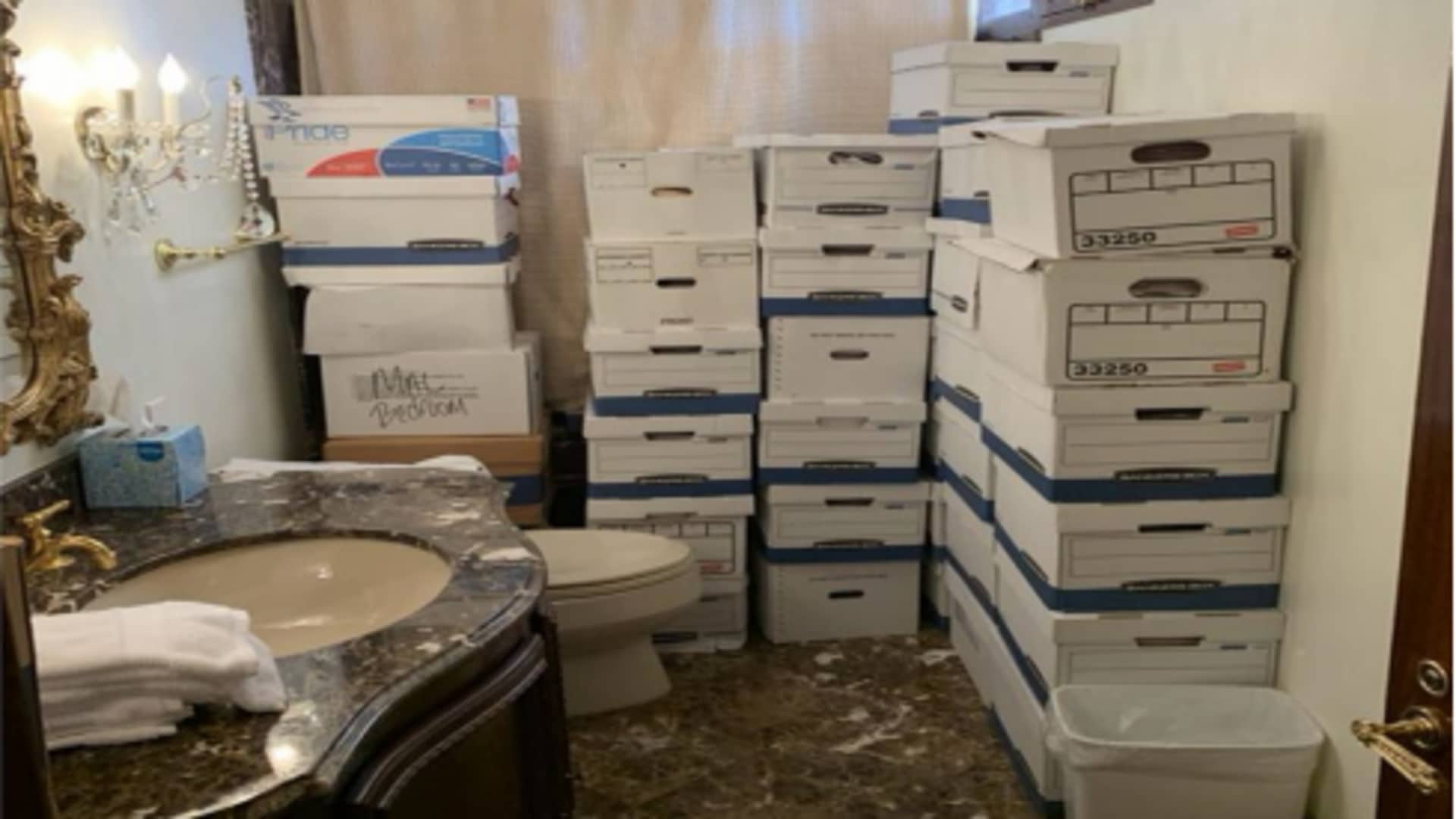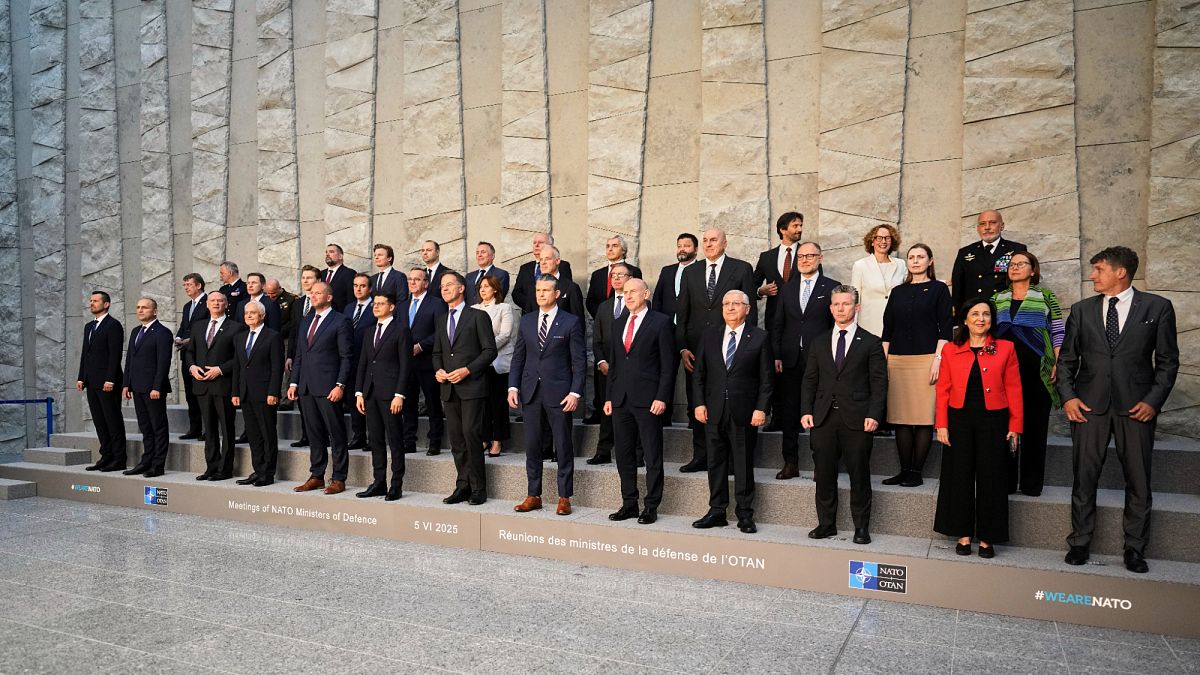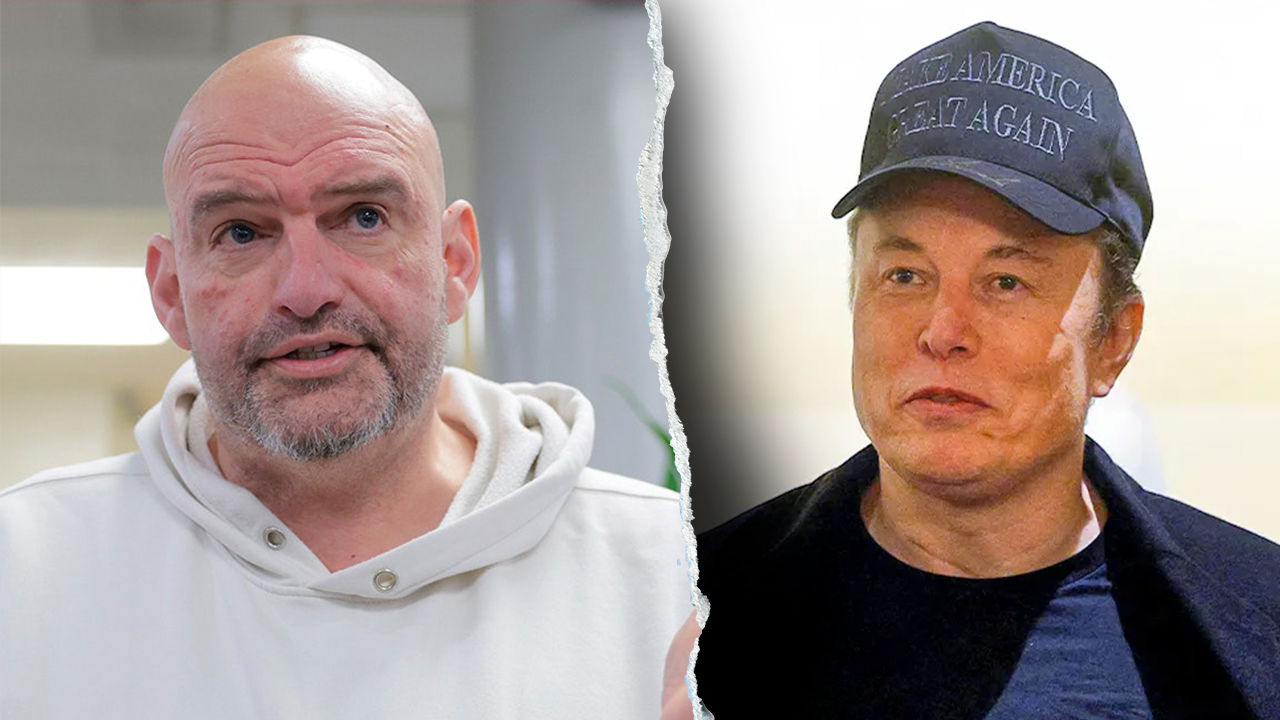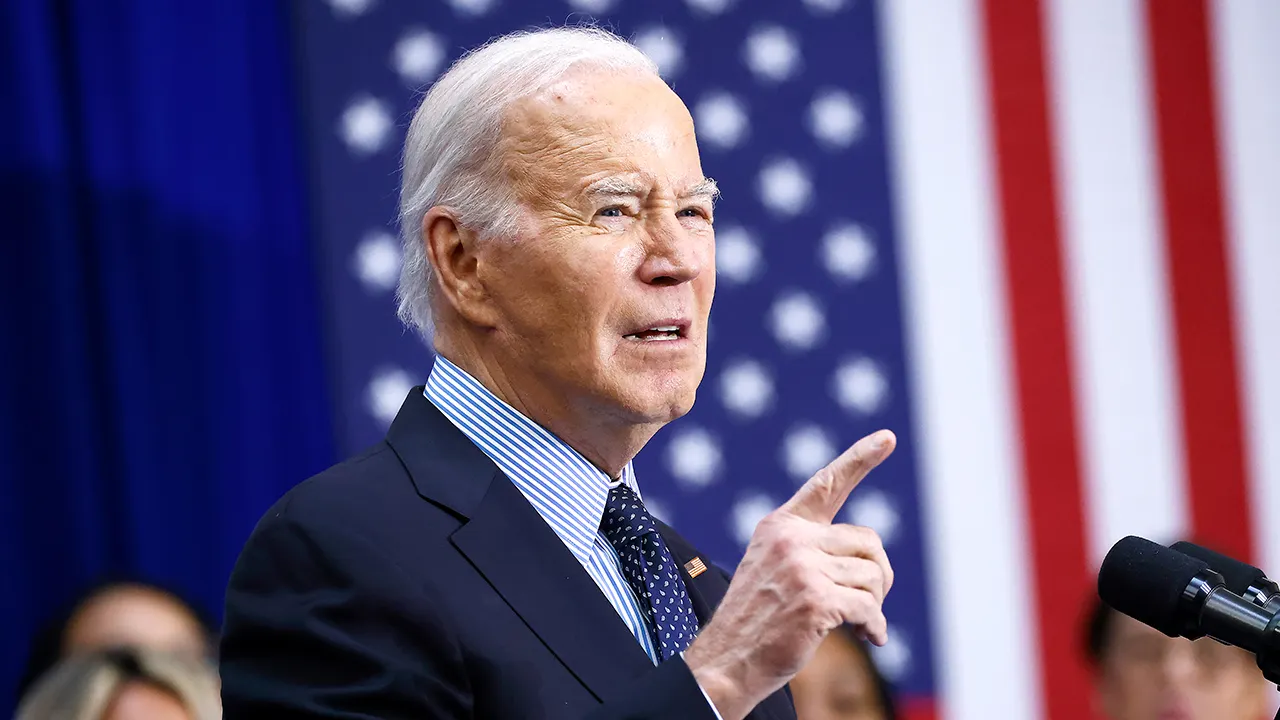Donald Trump has attacked Elon Musk as “crazy” and threatened to rip up his government contracts, as the spat between two of the world’s most powerful men erupted into an all-out public feud.
In a flurry of bitter comments in the Oval Office and online on Thursday, the US president said he was “very disappointed” in Musk for criticising his signature tax bill, suggested he had “become hostile” after being turfed out of government, and accused the billionaire of intervening in politics to serve his business interests.
Musk, who spent more than $250mn bankrolling Trump’s re-election bid last year and said in February that he loved the president “as much as a straight man can love another man”, returned fire on X.
The billionaire called for Trump to be impeached, suggested his trade tariffs would cause a US recession, threatened to decommission SpaceX capsules used to transport Nasa astronauts and insinuated the president was associated with the late paedophile Jeffrey Epstein.
The enmity deepened through the day, opening a breach that could widen long into Trump’s presidency and even influence US electoral politics, with Musk talking of starting a new party and removing Republicans from office.
Trump, who had previously defended Musk against charges of corruption and self-dealing, said the Tesla boss had soured on his “big beautiful bill” because it would end policies that benefited the electric-car maker.
“I took away his EV Mandate that forced everyone to buy Electric Cars that nobody else wanted (that he knew for months I was going to do!), and he just went CRAZY!” Trump wrote on Truth Social on Thursday afternoon.
“The easiest way to save money in our Budget . . . is to terminate Elon’s Governmental Subsidies and Contracts,” he added, in an apparent threat to end billions of dollars’ worth of business between the US government and Musk’s companies, including SpaceX and Starlink.
Musk, who is upset that the tax bill now before the Senate would increase the US deficit, accused the president of lying about his motives.
The exchanges were an extraordinary escalation of the feud between Trump and Musk, who had refrained from criticising the president directly even as he opposed the White House’s trade and tax policies.
The billionaire, who in April began his retreat from politics because of the “blowback” against his businesses, also suggested that he now regretted backing Trump during last year’s White House race.
“Without me, Trump would have lost the election, Dems would control the House and the Republicans would be 51-49 in the Senate,” he posted on his social media site X soon after the Oval Office tirade. “Such ingratitude.”
Shares in Tesla fell by almost 11 per cent following Trump’s remarks and were down 13.5 per cent on the day, wiping more than $150bn from its market valuation — its biggest one-day drop in value ever.
Musk, the US’s largest political donor, also suggested that Republican lawmakers should side with him over the president.
“Some food for thought as they ponder this question: Trump has 3.5 years left as President, but I will be around for 40+ years,” the billionaire wrote on X.
He also hit back at Trump’s suggestion that he had opposed the “big beautiful bill” because it axed tax credits for electric vehicles and clean energy, which have long benefited Tesla in the US.
“Keep the EV/solar incentive cuts in the bill, even though no oil & gas subsidies are touched (very unfair!!), but ditch the MOUNTAIN of DISGUSTING PORK in the bill,” Musk posted.
The deepening discord between Trump and “first buddy” Musk has in recent days spread through Washington.
Last week, Trump pulled the nomination of billionaire astronaut Jared Isaacman, a close ally of Musk, to lead Nasa, ostensibly over contributions he had made to Democratic candidates in the past.
Isaacman, who was on track to receive bipartisan support from the Senate, disputed the White House’s justification for the decision.
“I don’t think the timing was much of a coincidence,” Isaacman told the All-In podcast on Wednesday. “There [were] some people that had some axes to grind, I guess, and I was a good, visible target.”
Musk had already announced that he was stepping back from his involvement in the Trump administration, where he had led the so-called Department of Government Efficiency (Doge).
Steve Davis, one of Musk’s lieutenants at SpaceX who led Doge on a day-to-day basis, had also now left the administration, according to a government official.
More senior figures close to the billionaire were set to abandon the initiative in the coming days, the official said.
Musk himself has suggested that the tax bill would wipe out any savings made by Doge, which claims to have identified roughly $180bn in cuts to date. On Wednesday, the congressional fiscal watchdog said the legislation would add $2.4tn to the US debt by 2034.




























